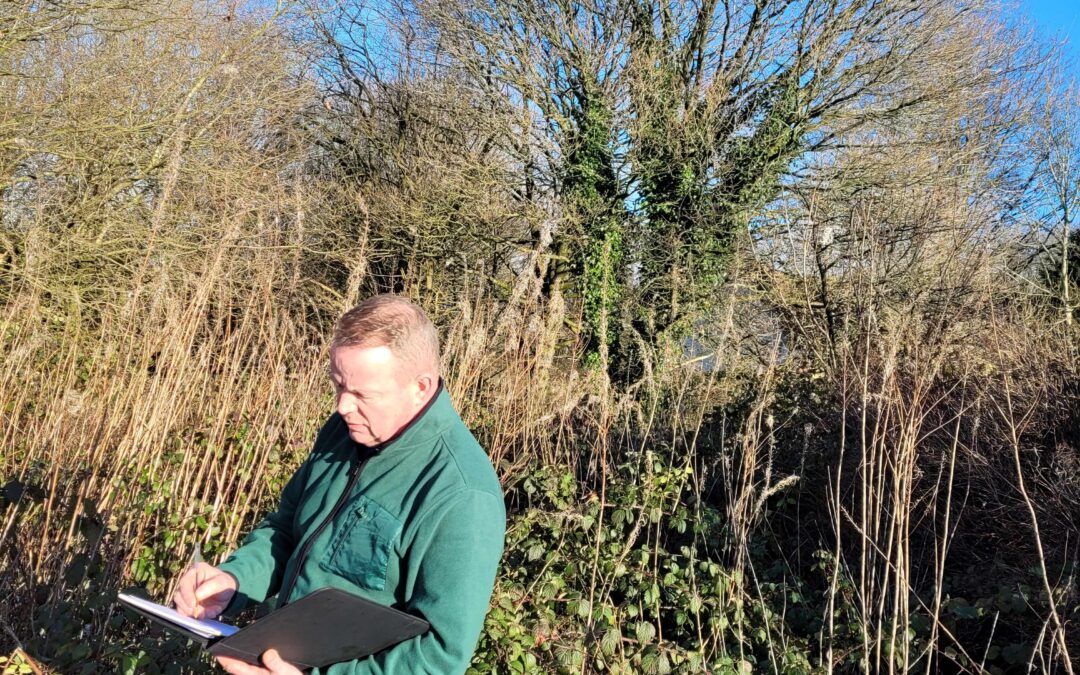Does knotweed devalue a property?
The exact amount that a property’s value may decrease as a result of Japanese knotweed.
This can vary depending on several factors, such as the severity of the infestation. Additionally the location of the property, and the condition of the property overall. Some estimates suggest that the presence of Japanese knotweed can decrease a property’s value by as much as 30%. However, it’s important to note that this is an estimate and the actual devaluation of a property can vary. It’s recommended to consult with a property professional or a valuer for a more accurate assessment.
The presence of Japanese knotweed on a property can potentially devalue it. Plants can cause damage to buildings if left untreated. Moreover, making it difficult to obtain a mortgage or insurance for the property. Some mortgage lenders may be reluctant to lend on a property that has Japanese knotweed present.
Additionally, the cost of removing Japanese knotweed can be high, and it can take several years to fully eradicate the plant. This can make a property less attractive to potential buyers and can make it difficult to sell.
Properties with Japanese knotweed can be considered high-risk and can be difficult to insure, this can also be a barrier to the sale of the property.
It’s important to note that the presence of Japanese knotweed on a property may not necessarily devalue the property. It can depend on the location, the extent of the infestation, and the steps taken to control and remove it.
If you have Japanese knotweed on your property, Best to take action to control its spread and consider the costs of treating it. Always important to disclose the presence of the plant to potential buyers if you are selling the property.
It is possible to sell a property at auction in the UK
if it has Japanese knotweed within 7 meters of the house It may be more difficult to find a buyer. Moreover, Japanese knotweed is considered a highly invasive plant and may cause damage to buildings. Many mortgage lenders and insurers will not provide coverage for properties affected by Japanese knotweed. It is important to disclose the presence of Japanese knotweed to potential buyers and to provide a management plan for dealing with the infestation.
. The presence of Japanese knotweed on or near a property can make it difficult to obtain a mortgage or insurance, and can also make it difficult to sell the property. The cost of treating and removing Japanese knotweed can also be significant, and this cost can be a deterrent for potential buyers.
The extent of the devaluation of a property
Can depend on the location and condition of the property, as well as the severity of the infestation. Properties in desirable locations or good condition may see less of a decrease in value than properties in less desirable locations or poor condition. The closer the Knotweed is to the house or structure the more severe the devaluation may be.
Please note that the presence of Japanese knotweed does not mean that a property will not sell. This can mean that the property may be harder to sell. It may be sold for less than it would be if the infestation were not present. We recommend that you disclose the presence of Japanese knotweed to potential buyers. Also to provide a management plan for dealing with the infestation.
Usually, if a management plan and insurance-backed guarantee are in place, there should be no problem securing funds on the property.
